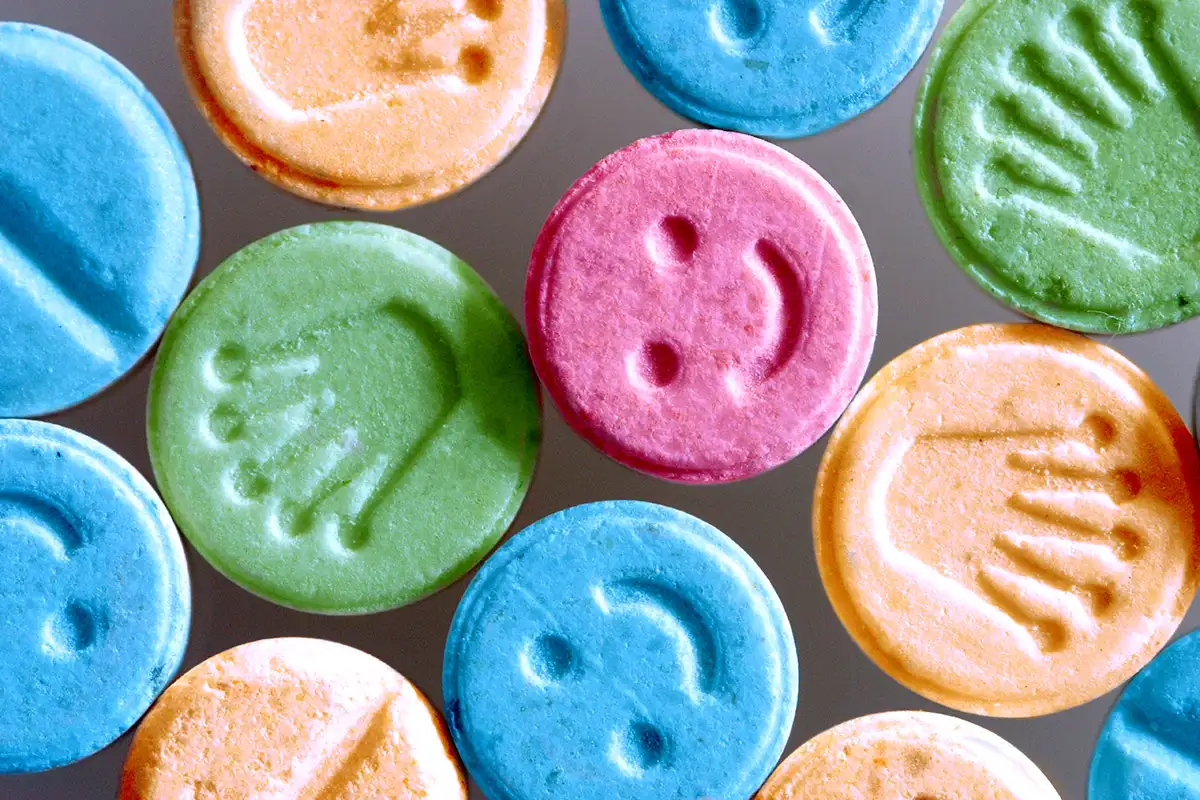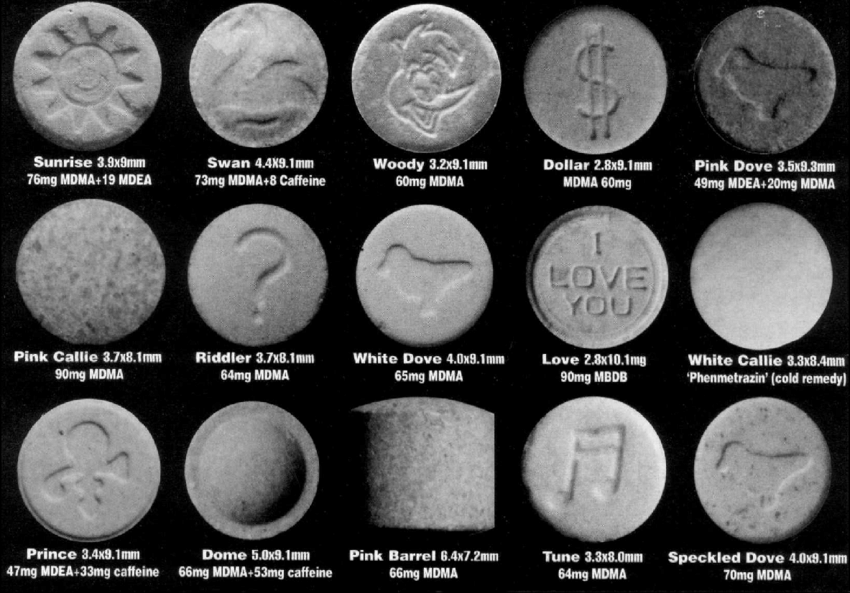Ecstasy
Contact us today for free advice
07876096232
Understanding the Nature of Ecstasy Addiction
Ecstasy, also known as MDMA, is a synthetic drug known for producing feelings of euphoria, emotional warmth, and empathy. However, frequent use can lead to a range of physical and psychological risks.
Dehydration and overheating due to the drug’s impact on the body temperature, especially in high-energy environments.
Heart issues, including increased heart rate and possible heart failure in extreme cases.
Psychological consequences like anxiety, paranoia, and confusion that may persist even after the drug wears off.
Cognitive impairments, with long-term use linked to memory problems and mood changes.


Key Risks of Ecstasy Use
Ecstasy, while providing short-term euphoric feelings, poses numerous health risks that are important to recognize:
Dehydration and Overheating
MDMA can increase body temperature, leading to dehydration, especially when used in environments like clubs or concerts where individuals are dancing and not consuming enough water.
Heart Problems
MDMA raises heart rate and blood pressure, which can be dangerous, particularly for individuals with preexisting heart conditions.
Neurotoxicity
Long-term or excessive use can damage serotonin-producing neurons in the brain, leading to potential long-term impacts on mood, memory, and behavior.
Psychological Symptoms
While users often experience heightened senses and emotional warmth, MDMA can also cause anxiety, paranoia, and confusion once the drug’s effects begin to wear off.


Signs and Symptoms of Ecstasy Abuse
Individuals struggling with ecstasy use may display several signs indicating addiction or problematic use:

Increased Tolerance
Needing to use higher doses over time to achieve the same euphoric effect.

Mental or Emotional Impact
Anxiety, depression, and mood swings between uses.

Withdrawal
Symptoms can include irritability, depression, fatigue, and difficulty concentrating when not using the drug.

Risky Behavior
Engaging in unsafe sexual activity or driving under the influence while intoxicated.
Treatment and Recovery
Overcoming addiction to ecstasy requires a combination of medical and psychological support:

Therapy
Cognitive-behavioral therapy (CBT) or other therapeutic options can help individuals manage their thoughts, behaviors, and triggers related to substance abuse.

Support Groups
Finding peer groups who understand the struggles of substance use can provide an essential emotional support system during recovery.

Mindfulness and Relaxation Practices
Meditation or yoga can help manage stress, anxiety, and cravings in recovery.
